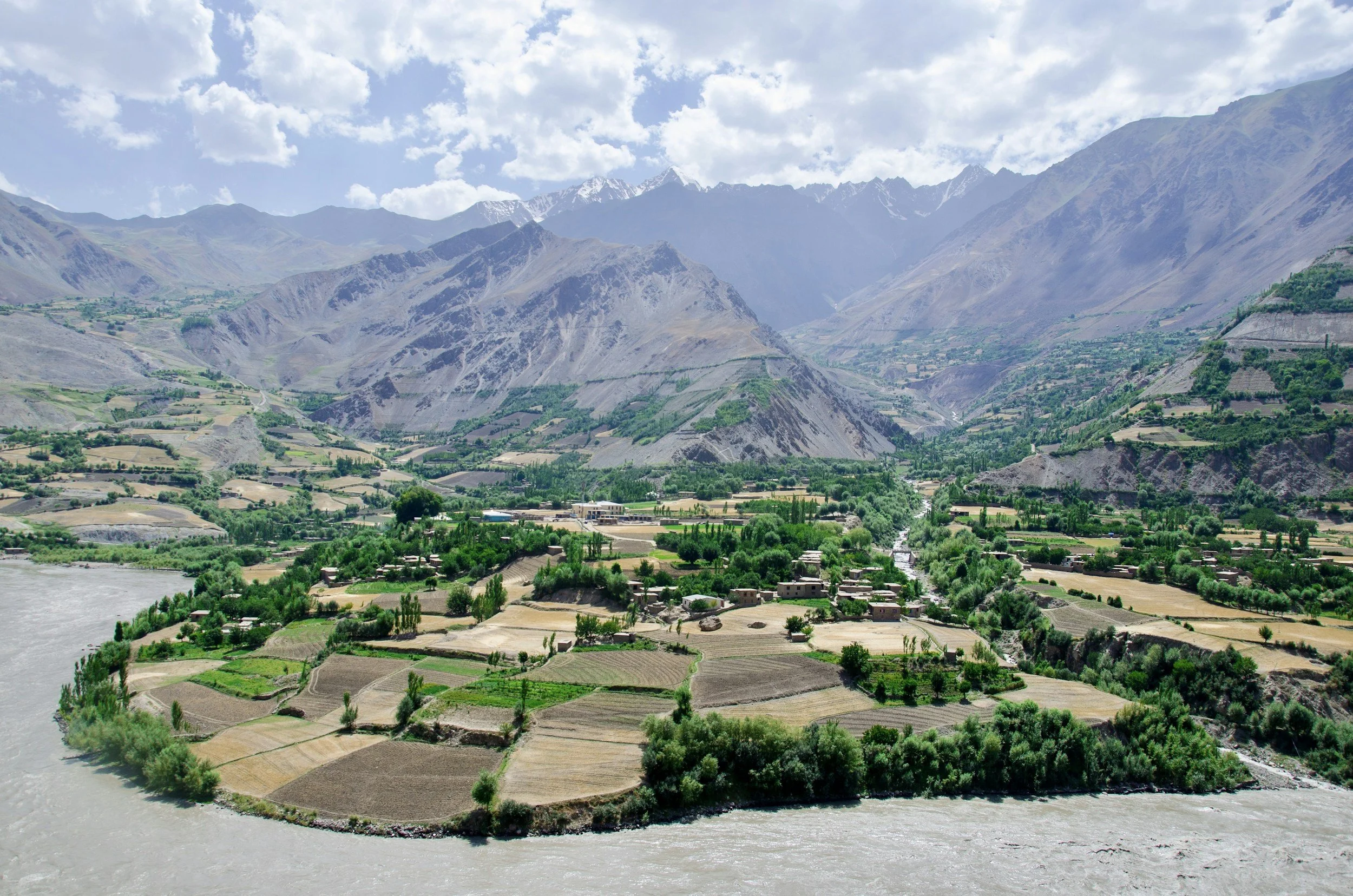
The Global Lawyer Series
Afghanistan
Our next destination on our Global Law journey is Afghanistan! Amidst beautiful mountains and gorgeous plains, Afhanistan’s law is as complex as it’s nature. Do you know what the Elimination of Violence Against Women (EVAW) Act is? Or why the media is not allowed to public photos of people without permission?
If there’s anything more you’d like us to cover, please don’t hesitate to reach out.
-
The adoption of the Elimination of Violence Against Women (EVAW) Act in 2009 was a famous landmark case in Afghanistan.
This Act established criminal penalties for specific forms of violence against women, including forced marriage, domestic abuse, child marriage, and obstructing women's right to education and to work. Despite early resistance, judges prosecuted individuals under this act which helped develop legal protections for women.
Prior to this, any such cases were ignored or handled by local mediation rather than through the formal legal system. Since the Taliban’s return to power in August 2021, there has been a reversion to regulations derived from the Taliban’s interpretation of Sharia law. This means that previous statutory laws, including the EVAW Act, have been declared void.
-
The role of religion in the legal system of Afghanistan has varied depending on the leadership of the country.
Non-Taliban Rule (2001–2021):
Following the Taliban being overthrown in 2001, Afghanistan entered a 20 year period of non-Taliban governance which brought significant changes to its legal system in Afghanistan.In 2004, the country adopted a constitution and declared itself an Islamic republic. This came with the requirement that no law could contradict Islamic beliefs, but also recognised religious minorities and enabled the formation of political parties.
Laws were codified, which allowed for consistency and transparency in the application of the law in Afghanistan.
-
Afghanistan’s political government has always been dominated by ethnic Pashtuns, who make up more than a third of the population. This has led minority groups in Afghanistan to experience worsening human rights violations under the Taliban government.
Minority groups, such as the Shia-Hazaras are targeted in attacks and killings at their places of worship, education and different civilian locations located across the country.
Minority groups not only feel pressured by the locals, but also from the Taliban authorities, where they face prosecution, unlawful detentions, and even enforced disappearances. Furthermore, women face gender persecution and are deprived of their basic human rights.
For instance, rights to freedom of movement and expression, rights to education. This includes banning women’s voices to be heard in public and restriction of using transportation without a male chaperon. -
You can’t gamble on chess
The current Taliban government sees gambling as extremely detrimental, thus, many games including chess has been banned until further notice in Afghanistan. The Taliban Ministry of Sport declared the game un-Islamic as they consider it to be a form of gambling.You can’t wear shorts
In accordance with their interpretation of Sharia, Afghan men and women must legally conform to certain dress codes. These include compulsory veiling for women as well as banning shorts for men.
Media photos
Finally, the Taliban banned media outlets from publishing photos of living things without permission. Afghanistan is the only country in the world that enforces this law, with many criticising the Taliban government’s ruling as curtailing freedom of speech.
